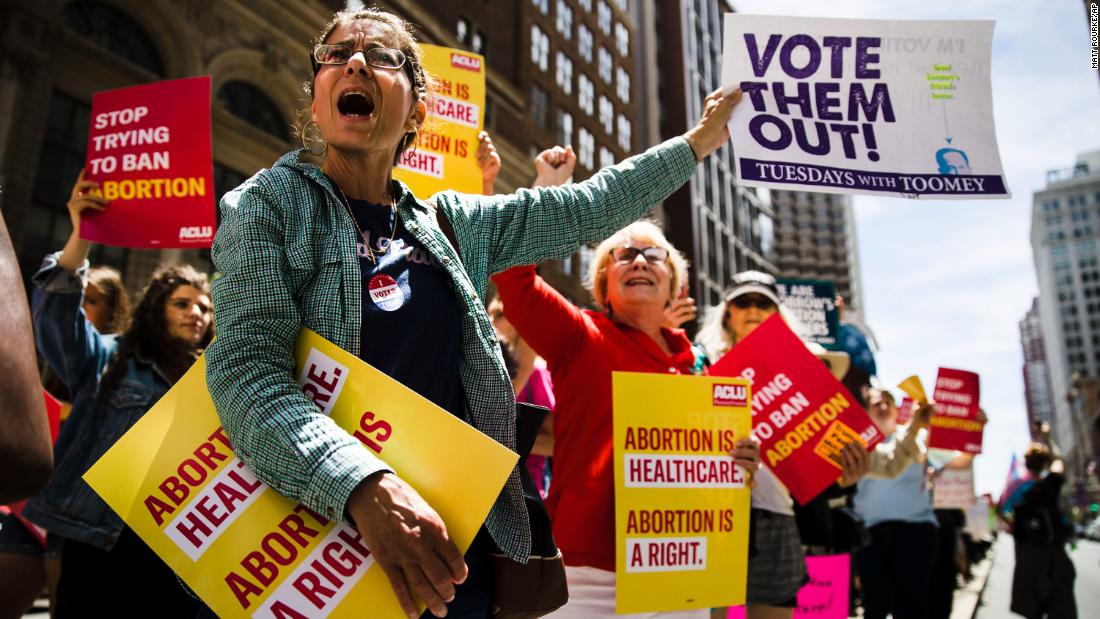Bill H.57, which
passed both thestate House and Senate earlier this year, would “recognize as a fundamental right the freedom of reproductive choice” and “prohibit public entities from interfering with or restricting the right of an individual to terminate the individual’s pregnancy.” The measure would also protect “rights to choose or refuse contraception or sterilization or to choose to carry a pregnancy to term, to give birth to a child, or to obtain an abortion.” Vermont — where both state house chambers are controlled by Democrats — currently does not restrict abortion.
Scott’s communications director, Rebecca Kelley, did not indicate whether the governor would sign the bill, but said that he will not veto it — effectively allowing the bill to become law, as it will automatically if he does not act on the bill within five days.
“The Governor is and has been pro-choice and believes in a woman’s right to choose, so he has ruled out vetoing the bill — it will become law,” she wrote in an email.
Scott has not received the bill or any indication from the legislature as to when he would receive it, Kelley added.
Vermont is not the only state fighting to fortify abortion rights. The state’s safeguards on abortions come following the
majority-female Nevada Assembly’s passage of a bill on Tuesday that would rewrite legal requirements that doctors tell women about the “emotional implications” of an abortion.
The Vermont and Nevada bills stand in stark contrast to restrictive laws passed in Alabama and Georgia attempting to force the Supreme Court to hear cases that could overturn the landmark Roe v. Wade decision that legalized abortion nationwide.
Alabama ushered in a
controversial abortion law last week that could punish doctors who perform abortions with life in prison. The state Senate’s all-male Republican contingent passed the measure and Republican Gov. Kay Ivey signed it a day later.
A Georgia law passed earlier this month would ban abortions if a fetal heartbeat is detected — which can be as early as six weeks, when many women do not yet know they are pregnant.

